The first day starts fresh as a cool Monday arrives. The energetic office atmosphere combines multiple sounds of telephones with typing, which enables the magic elements operating through unseen forces in each successful department. That force? The back office executive.
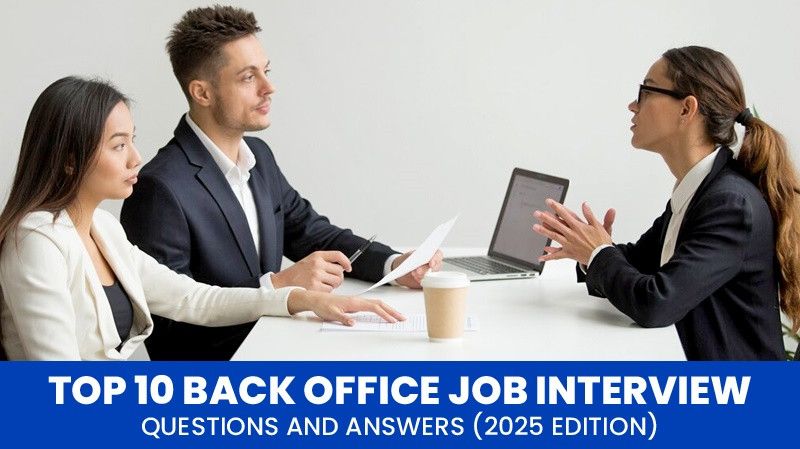
Back Office Executive Job Vacancies are highly demanded, and the majority of people view it as routine paperwork and endless spreadsheet maintenance. These professionals secretly maintain their position as the most valuable corporate staff members despite lacking public attention. They serve as strategic directors who convert basic data into useful information and maintain effective communication networks between departments while controlling the organizational operations as if they're a well-orchestrated performance.
The Hidden World of Back Office Job Excellence
I have spent time in the trenches. I witnessed brilliant back office executives turn what could have become mega-disasters into seamless operations, solve seemingly impossible log jams or logistical puzzles, and rise to become the backbone of multi-million dollar companies. And this is the bitter truth: securing these roles is not about that well-crafted resume. It's about demonstrating that you are that strategic thinker, problem solver, and communication wizard.
The Interview: Your Make-or-Break Moment
Interview Questions for back office Job positions are like high-stakes chess matches. One wrong move, and you could miss the opportunity of a lifetime. But what if you could see the entire board? What if you knew exactly what hiring managers are looking for, the questions they'll ask, and the answers that will make them sit up and take notice?
That's exactly why this guide exists.
What Does It Take to Be a Truly Exceptional Back Office Job?
It's not about skills alone. It's about a rare combination of:
- How to think strategically?
- Operational acumen
- Mastery of communication
- Technological savvy
- The ability to keep one's cool under pressure
Just consider yourself as a corporate conductor. Instead of playing an instrument, you are directing an orchestra of organizational efficiency.
The Journey Ahead
In the following pages, we'll dive into detail. We will dissect:
- The most important interview questions
- Insider secrets on demonstrating your worth
- Techniques that show your unique abilities
- Red flags not to raise
- Preparation techniques that differentiate you
This is not another generic guide for an interview. This is the road map for you to transform from job applicant to a back office executive that employers would fight for.
Are you ready to unlock the secret of a successful interview?
Let's get started.
Lining up that perfect back office executive position isn't just about the skills but rather strategic preparation. As an interviewee on both sides of the table, I'm here to give you the ultimate insider's guide on how to ace that next back office executive interview.
Understanding the Role: More Than Just Paperwork
Before we look at the interview questions, let's get to the real job of back office executives. No, it is not just about filing papers and managing spreadsheets; it's about being that organizational backbone to keep businesses going.
Job Description Snapshot
| Key Responsibility | What It Means |
|---|---|
| Administrative Management | Keeping the company's internal operations as smooth as a well-oiled machine |
| Data Processing | Transforming raw information into actionable insights |
| Process Optimization | Finding smarter, faster ways to get things done |
| Interdepartmental Coordination | Being the communication superhero who connects different teams |
Top 10 Back Office Job Interview Questions: You Can't Afford to Miss
Question 1. "Tell Me About Your Experience in Back Office Operations"
Pro Tip: This is not a history lesson, but rather your chance to shine through with strategic thinking.
What They Want to Hear:
- Examples of specific processes streamlined
- Quantifiable improvements made
- Understanding of operational efficiency
Question 2. "How Do You Handle Multiple Priorities?"
Interviewer's Secret Decoder:
- They are testing your multitasking and stress management skills
- Show them that you can:
- Prioritize tasks well
- Use organizational tools
- Stay calm under pressure
Question 3. "Tell Me About a Time You Overcame a Complex Administrative Problem"
Winning Strategy:
- You should use the STAR method, which includes the components Situation, Task, Action, and Result.
- Emphasize your problem-solving skills
- Show how you think critically and creatively
Question 4. "What Software and Tools Are You Proficient In?"
Must-Know Tools:
- Microsoft Office Suite
- Project Management Software
- Database Management Systems
- Enterprise Resource Planning (ERP) systems
Question 5. "How Do You Assure Data Accuracy and Confidentiality?"
Key Areas of Emphasis:
- Knowledge of data protection rules
- Awareness of details
- Confidentiality
- Practical experience with safe data handling
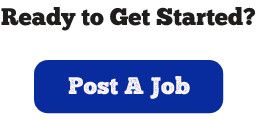
Question 6. "Describe Your Process Improvement Methodology"
Demonstrate:
- Practical experience with lean management principles
- Ability to evaluate current processes
- Ability to propose and implement improvements
- Examples of cost or time savings
Question 7. "How Do You Coordinate Communication Between Different Departments?"
Interpersonal Skills and Flexibility:
- Showcase your interpersonal skills
- Demonstrate adaptability
- Prove you can translate technical information for different audiences
Question 8. "What Strategies Do You Use for Effective Time Management?"
Time Management Toolkit:
- Digital and analog planning methods
- Prioritization techniques
- Tools such as:
- Trello
- Asana
- Traditional planners
- Time-blocking strategies
Question 9. "Describe Your Experience with Reporting and Documentation"
Reporting Excellence:
- Pay attention to details
- Can present complex information in simple ways
- Understand different reporting formats
Question 10. "Where Do You See Yourself in the Next Five Years?"
Career Progression Insights:
- Show ambition but do not overdo the wishful thinking
- Show commitment to professional development
- Align your goals to the company trajectory
Pro Pre-Interviewing Checklist?
- Research: Know everything and more about this company
- Gather specific experiences from your job history
- Try out your voice responses
- Ponder thoughtful questions for the interviewer
- Dress professionally and on time
Red Flags Interviewer's Watch
- Does not have much to say.
- Poor communication and expression
- Difficult to discuss past experiences or experiences
- Least technologically qualified
- Lacking knowledge of Admin jobs
End
Remember, it's a two-way conversation. The selection process determines your suitability for the job yet gives you a chance to understand if this position fits your goals. Authenticity together with structured preparation and self-assured attitude will support your success.
Pro Tip: Every interview is a learning opportunity. You will walk away with something great, no matter the outcome.
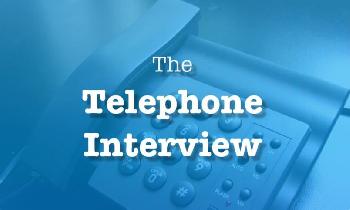


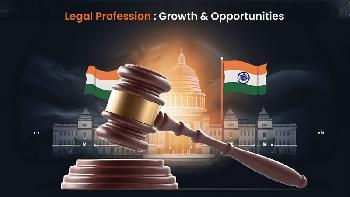
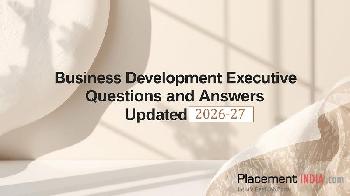
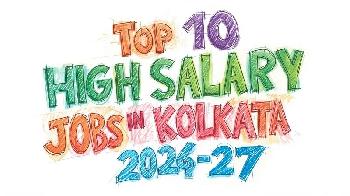
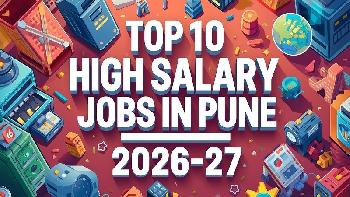
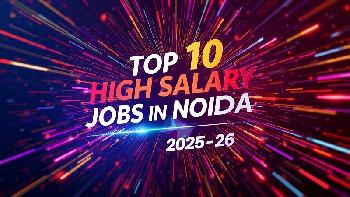
ADD COMMENT